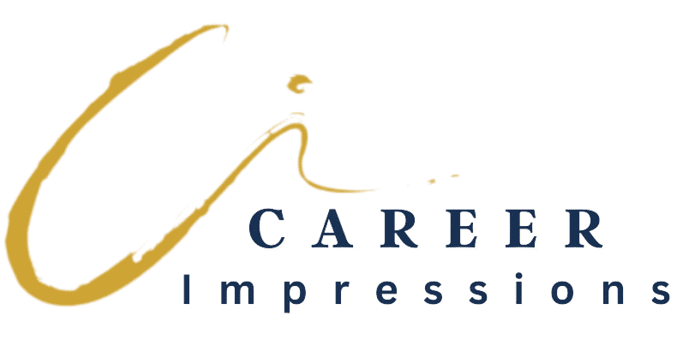
5 Employment References When You Can’t Use Your Boss
Reference checks at the senior professional level can be more rigorous, especially when the role has a degree of visibility. Yes, all companies want to ensure they are hiring the right person; however, it’s even more crucial to make the right hire at a leadership level. A senior-level employee’s impact on the organization can affect company culture, direction, growth, and more.
Background screening and reference checks during the interview process can be pivotal in your candidacy. Employers want to see and hear confirmation that you are, in fact, as capable as you present yourself on paper and in the interview. Therefore, the people you select to use as employment references should be able to speak directly to your strengths, talents, character, and work performance in a positive way.
What happens when you can’t use your boss as an employment reference?
Selecting the right employment references means knowing who you can turn to that will honestly and effectively talk about you in a professional capacity. Traditionally, your boss or the person you report to is the top reference pick, but there are several reasons why you might not be able to use this individual. Reasons include: confidential job search, poor relationship, or your roles don’t overlap enough – meaning this person can’t speak fully on your work performance.
Crossing your boss off your list of references isn’t the worst thing to happen during a job search. Many organizations and recruiters can appreciate that job searches are confidential. You don’t want to risk flagging your current employer that you are seeking new opportunities.
Here are five other people to consider as employment references:
Previous Boss
Dig back through your experiences to find the boss that you had a great connection with. Think of someone you worked directly under for at least a year and at an organization where your performance exceeded expectations—the more recent, the better.
Board Members
Look at board members from your current company, previous companies, professional associations, and volunteer organizations. This board member should be someone you have a direct working relationship with, for whom you have completed projects or worked alongside. They need to speak to your abilities and have some clear examples that demonstrate those abilities.
Clients or Vendors
Clients or vendors can make excellent references because they can speak to your ability to manage relationships and grow accounts, impacting the bottom line. While they likely can’t speak to your overall performance, they can touch on several of your transferrable skills and provide supportive details about your character.
Mentors or Coaches
If you have a close mentor or coach, this person can speak to your character, commitment, and development. Ensure that this person has in-depth knowledge of your work experience and your goals and that they have first-hand insight into seeing your follow-through.
Lateral or Senior Colleagues
Identify lateral or senior colleagues with participatory knowledge and experience working with you. This can include someone you have worked on projects with, someone connected to your portfolio, someone you have reported to on assignments or even someone you have a dotted-line relationship with. The critical factor is selecting someone who directly connects to you that can speak to your performance and provide concrete examples to back up their support for you.
Gathering and updating your employment references should be done regularly, ensuring you can confidently share your references when requested. Keeping your employment references up to speed with your career wins, and goals makes it easier for them to provide that glowing reference you need to secure you a next-level job offer.
Looking for resources to support your job search or career? I’ve got you covered! Check out:
